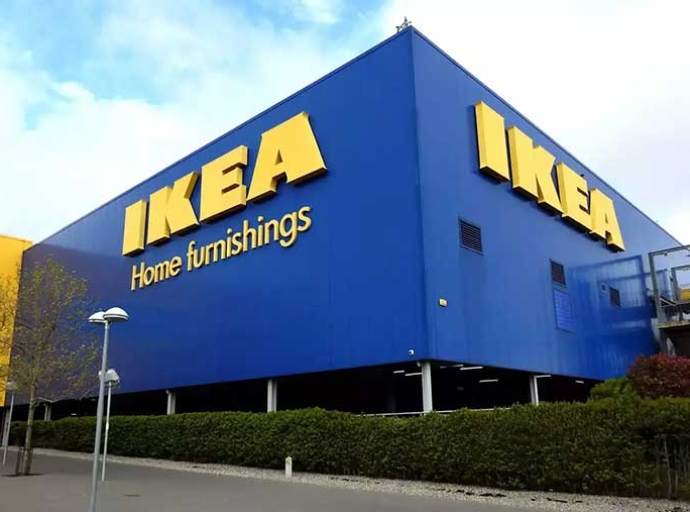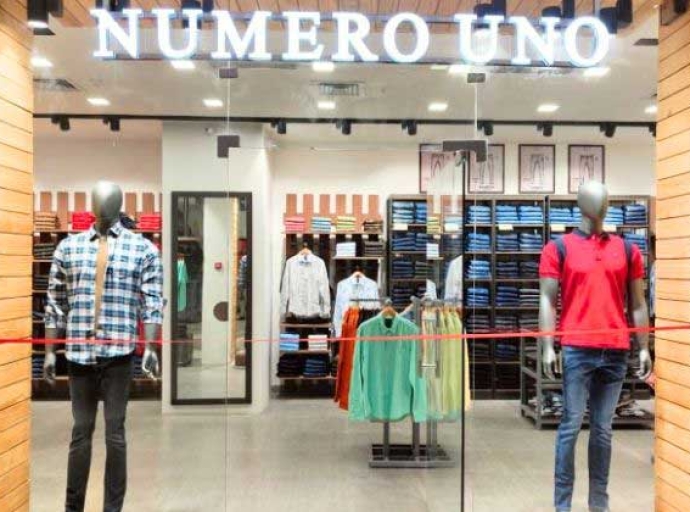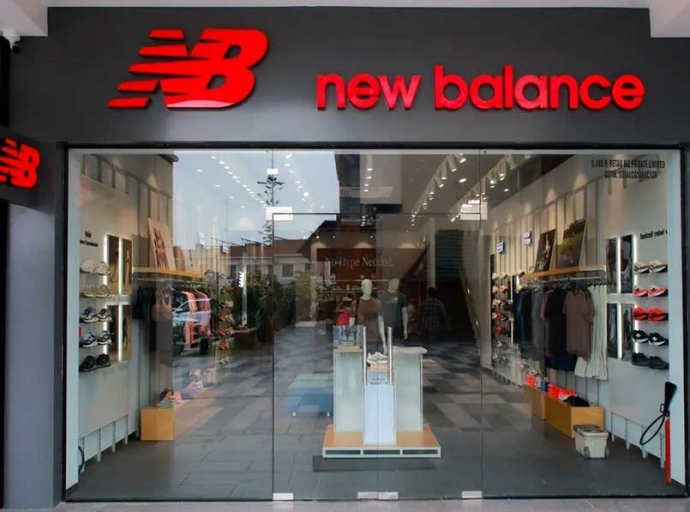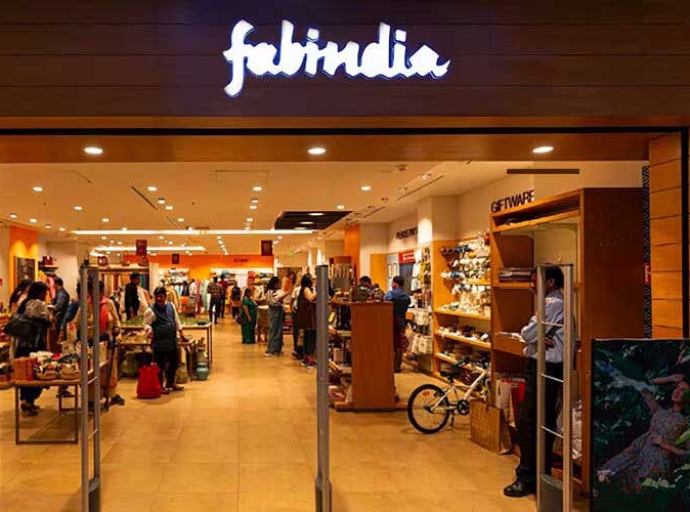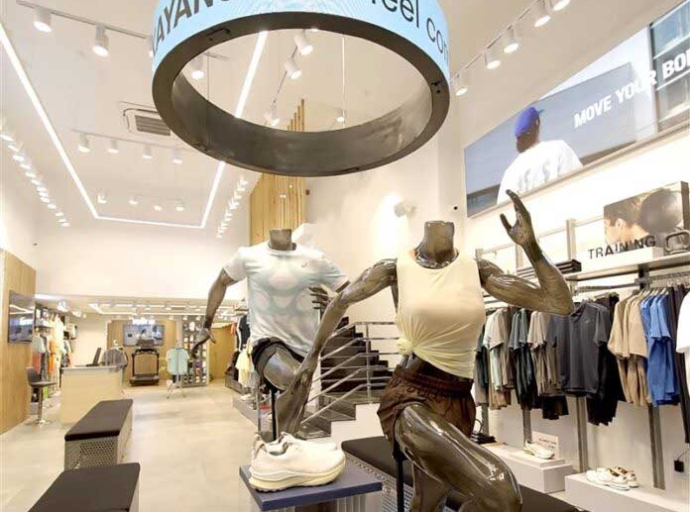13 August 2025, Mumbai
For decades, India’s luxury market was a mirror reflecting global definitions of affluence crystal chandeliers, European couture, and imported cars. Luxury was a statement of wealth, not necessarily of taste, and often hinged on the simple question: “How much does it cost?”
Today, the question is shifting to “What does it mean?”
From the corridors of Delhi’s luxury malls to curated pop-up experiences in Tier II cities, Indian consumers are rewriting the rules of indulgence. The once transactional market, where brand name and price defined value, is evolving into an ecosystem built on authenticity, cultural resonance, and emotional connection. It’s no longer enough for luxury to be expensive rather it must be meaningful.
DFU Profile
A market in full bloom
The numbers tell an unmistakable reflect the growth story. In 2024, the Indian luxury goods market was valued at $10.01 billion. Forecasts suggest it will reach $17.94 billion by 2033 at a steady CAGR of 6.37 per cent, according to IMARC Group. Other projections, such as those from Bain & Company and Luxe Analytics, reveal even more ambitious stats an industry possibly touching $85-90 billion by 2030, with the most bullish estimates hinting at $200 billion.
Behind this growth are a number of reasons both economic and social. First of course is rising disposable income. India’s economic growth has created a larger base of consumers with the means and desire to spend on discretionary goods.
A growing affluent class where the number of millionaires are expected to grow 69 per cent by 2027, reaching 1.5 million, as per Kearney. Also, millennials and Gen Z, with their digital fluency and global exposure, are setting new consumption patterns, prioritizing experiences, ethics, and individuality.
Fashion Guru
Shifting desires from possession to connection
Walk into a luxury boutique today, and you might hear less about discounts and more about craftsmanship, heritage, and storytelling.
The younger Indian luxury buyer is not chasing the ‘big logo’ effect. Instead, they seek fewer, better pieces that reflect personal values. For some, it’s a handwoven silk sari from a label that supports artisanal communities. For others, it’s a limited-edition watch whose heritage stretches back a century.
The demand for authenticity is also reshaping brand narratives. The old playbook of ‘colonial opulence’ is giving way to a modern celebration of India’s own cultural codes embroidery traditions, indigenous materials, and locally rooted luxury experiences.
Personalization has become another powerful driver. Bespoke tailoring, custom monograms, and made-to-order collections allow consumers to own something truly unique a far cry from what one millennial buyer calls “cookie-cutter opulence.”
Join our group
The conscious luxury consumer
In an age of climate anxiety and social responsibility, conscious consumption is no longer niche. Indian luxury buyers are increasingly evaluating the ethics of what they purchase.
Brands that source responsibly, reduce waste, and support social causes resonate more deeply with this audience.
It’s a shift that is as much about identity as it is about purchase owning a product that aligns with one’s values is now part of the luxury experience.
Also luxury in India still thrives on the tactile the weight of a fabric, the gleam of a diamond under showroom lights.
Refer
But e-commerce has expanded the market beyond metropolitan India. And Tier II and Tier III cities, once peripheral to the luxury conversation, are now significant growth frontiers.
Digital storefronts, virtual try-ons, and influencer-led campaigns have introduced aspirational brands to consumers far from traditional luxury hubs.
For these buyers, the first interaction may be online, but the emotional resonance must be as rich as a flagship store visit.
Join our community
Table: Market segmentation based on products
|
Product type
|
Market share (approx.)
|
Key consumer driver
|
|
Watches & Jewelry
|
38.50%
|
Cultural attachment, status, investment value
|
|
Luxury Fashion
|
Growing demand
|
Desire for individuality, brand recognition
|
|
Luxury Automobiles
|
Increasing sales
|
Growing middle class, social status, EVs
|
|
Cosmetics & Fragrances
|
Largest segment by revenue
|
Shift towards premium and clean beauty
|
Note: The total of market shares may not sum to 100 per cent as these are based on different reports and may not include all segments.
Watch
Regional and demographic shifts
While major metro cities like Delhi, Mumbai, and Bengaluru remain the primary hubs, luxury consumption is growing to Tier II and Tier III cities, with rising affluence and the reach of e-commerce. Millennials and Gen Z generations are the major market drivers, valuing meaningful experiences, brand transparency, and ethical practices.
They are heavily influenced by social media and digital channels. Then there is a new class of consumers who have achieved wealth through entrepreneurship and career growth. They are highly motivated to showcase social advancement and are a significant driver of demand for luxury goods.
Visit for more
Also there are traditional wealthy or rich consumers who were born into wealth and view luxury as a lifestyle. They seek subtle, refined products and often make purchases as long-term investments.
Therefore, the Indian luxury market is a high-potential space where the success of luxury brands, both global and domestic, lies in their ability to move beyond a purely transactional relationship with consumers.
By recognizing consumer's desire for authenticity, emotional connection, and purpose-driven narratives, brands can effectively tap into this growing market and build lasting relationships with a new generation of discerning Indian consumers.
LATEST FASHION NEWS

